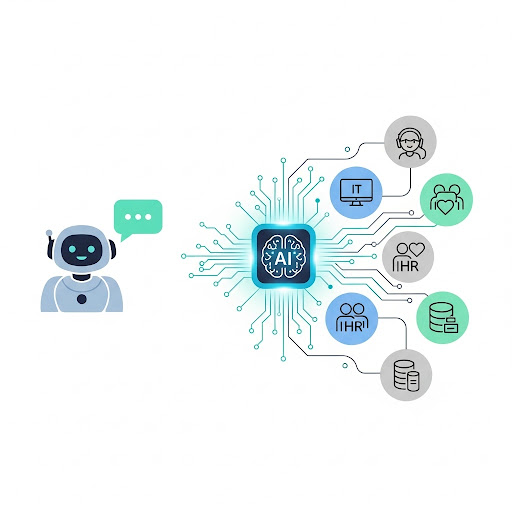The Vendor Landscape: A Buyer's Guide to Cutting Through the Noise
- James Russo
- Aug 4, 2025
- 3 min read

If you're a product manager or a business stakeholder, this is probably the most overwhelming part of the AI revolution. You log in to LinkedIn and see a thousand different companies promising to solve all your problems with their "proprietary AI-powered platform." You attend a conference and hear a dozen different buzzwords that all seem to mean the same thing.
This is the AI version of the Wild West, and it's a place where it's easy to get sold a magic bean that turns out to be just a bean. The biggest mistake you can make is to approach this with a technology-first mindset, thinking, "Which of these shiny tools should I buy?" A better approach is to have a framework, a set of non-negotiable questions that cut through the noise and get to the heart of what matters: business value.
Your job isn't to be an AI expert; it's to be a smart buyer. So, let’s get a plan in place.
The Three "Must-Ask" Questions for Every AI Vendor
Before you even get to a demo, you need to have a clear understanding of the problem you're trying to solve. But once you have that, these three questions will act as your filter, separating the real solutions from the flashy demos.
1. The Integration Question: "How do you talk to my existing systems?"
This is the most important question and the one that will kill a project faster than anything else. A powerful, standalone AI model that can't integrate with your existing CRM, ERP, or customer service platform is useless. It’s like buying a Formula 1 engine and then discovering it won't fit in your car.
What to look for:
APIs, not screenshots: A vendor can show you a perfect screenshot of their dashboard, but what you really need to see are their APIs. How well-documented are they? Are they robust?
Modular design: Does the tool need to be a part of your entire ecosystem, or can you use a small part of it for a specific problem? You want a product you can build upon, not a rigid monolith.
Compatibility: Does the tool work with the software you're already using? Ask for specific examples of companies they've integrated with. If they can’t name any, that's a massive red flag.
2. The Security & Compliance Question: "How do you protect my data?"
In the rush to get a new AI product to market, it’s easy to overlook security. But a data breach related to your AI tool isn't a problem for the vendor; it's a problem for you. Your data is your most valuable asset, and you need to treat it as such.
What to look for:
Compliance certifications: Does the vendor have SOC 2, ISO 27001, or other relevant certifications? This shows that they have a structured process for handling sensitive data.
Data privacy: How does the vendor handle data privacy? Do they have a clear process for data anonymization? Do they know where their data is stored, and what are their data retention policies?
Vendor lock-in: Be wary of vendors who promise you an "all-in-one" solution that forces you to use their entire ecosystem. This can lead to a situation where you can’t switch vendors without a massive, painful migration.
3. The Scalability Question: "What does this look like in production?"
The pilot is a small, controlled experiment. Production is the real world. A vendor might show you a pilot that works on a thousand data points, but what happens when you have a million? Or a hundred million?
What to look for:
A clear path from pilot to production: A good vendor will have a clear, documented process for moving from a successful pilot to a full-scale deployment. They should be able to answer questions like:
How will we handle data volume spikes?
What are the performance implications of a large-scale deployment?
How is the model updated and maintained over time?
A partnership mindset: The best vendors see themselves as a partner in your success, not just a seller of software. They'll work with you to understand your scaling needs and help you build a solution that can grow with your business.
Your Final Gut Check
After you’ve asked these questions and gotten satisfactory answers, it’s time for a final gut check. The AI vendor landscape is full of smart people, but you need to find the one that fits your company's culture and needs. Trust your instincts, and remember that the best AI solution isn't the one with the most buzzwords; it's the one that solves your problem, securely, and at scale.



Comments